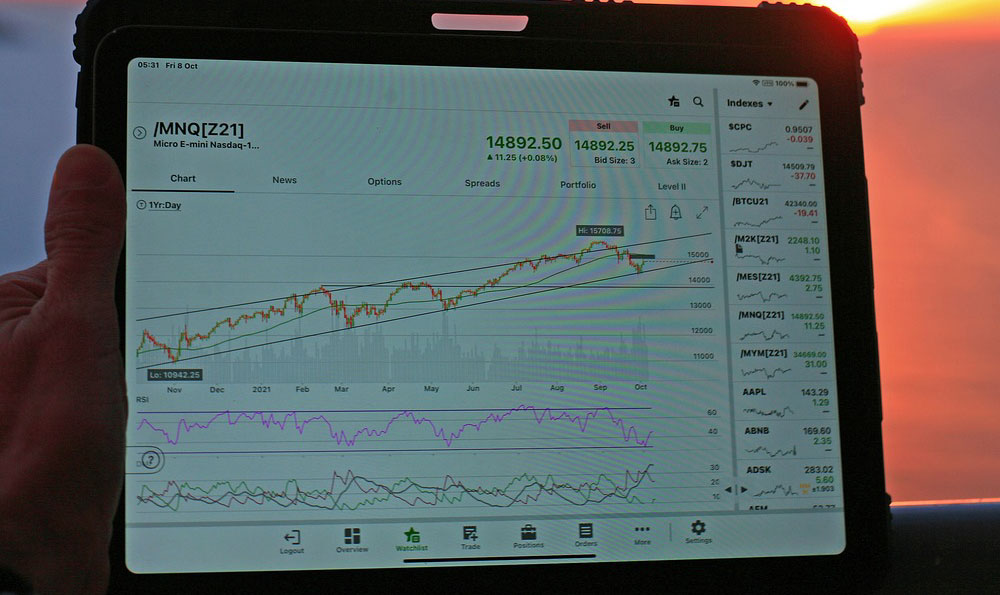The DeVos family, synonymous with Amway and significant influence in American politics, particularly regarding education reform, didn't stumble into their vast wealth. It was carefully constructed through a combination of innovative business practices, strategic philanthropic endeavors, and astute navigation of political landscapes. Understanding how they accumulated their fortune and the consequent impacts requires a look at their business origins, their investments in conservative causes, and the legacy they've cultivated.
The cornerstone of the DeVos family's wealth lies in Amway, co-founded by Richard DeVos Sr. and Jay Van Andel in 1959. Amway's innovative multi-level marketing (MLM) model revolutionized direct selling. Instead of relying solely on traditional retail channels, Amway empowered individuals to become independent distributors, selling products directly to consumers and recruiting others to join their sales network. This model, while incredibly successful, has also been the subject of scrutiny and debate, often facing accusations of being a pyramid scheme. However, Amway has consistently maintained that its focus on product sales distinguishes it from such illegal operations. The allure of becoming one's own boss, coupled with the potential for significant income through building a downline, proved immensely attractive to a wide swath of the population. This fueled Amway's exponential growth, transforming it into a global direct selling behemoth.
The genius of the Amway business model lies in its ability to tap into the entrepreneurial spirit of ordinary people. It provided a platform for individuals to build their own businesses with relatively low startup costs, offering training and support to help them succeed. The incentive structure, rewarding both direct sales and recruitment, encouraged distributors to actively expand their networks, creating a self-perpetuating cycle of growth. The products themselves, ranging from cleaning supplies to nutrition supplements, catered to everyday household needs, ensuring a consistent demand.

Beyond the sheer volume of sales, Amway's profitability stemmed from its vertically integrated supply chain. Controlling the manufacturing and distribution processes allowed the company to maximize its profit margins. Furthermore, the network marketing structure minimized traditional advertising expenses, relying instead on word-of-mouth marketing by its vast network of distributors. This combination of factors contributed to Amway's immense financial success, establishing the foundation for the DeVos family's wealth.
With the massive wealth generated by Amway, the DeVos family strategically invested in various sectors, diversifying their holdings and ensuring the long-term sustainability of their fortune. These investments spanned real estate, private equity, and various other business ventures, further compounding their wealth. However, the family's influence extends far beyond mere financial investments.
The DeVos family is deeply committed to promoting free-market principles and limited government, and they channel a significant portion of their wealth into supporting conservative and libertarian causes. Through foundations like the Dick & Betsy DeVos Family Foundation, they have provided substantial funding to organizations that advocate for school choice, deregulation, and lower taxes. Their contributions to think tanks, political campaigns, and advocacy groups have made them major players in shaping public policy.
Betsy DeVos's tenure as the U.S. Secretary of Education under the Trump administration brought the family's influence into sharp focus. As Secretary, she championed school choice initiatives, advocating for policies that would allow public funds to be used to support private and charter schools. Her arguments centered around empowering parents to choose the best educational options for their children, regardless of their socioeconomic background. Critics, however, argued that these policies would divert resources from public schools, exacerbating existing inequalities and undermining the public education system. This controversy underscores the significant impact the DeVos family's wealth and influence have had on the American education landscape.
The impact of the DeVos family's wealth is multifaceted and complex. On one hand, their business acumen and entrepreneurial spirit have created countless opportunities for individuals to become self-employed and build their own businesses. Amway's success has generated wealth and prosperity for many of its distributors, while its products have satisfied the needs of millions of consumers worldwide. Their philanthropic endeavors have supported various charitable causes, contributing to community development and social welfare.
On the other hand, their political activism and advocacy for specific policies have been met with both praise and criticism. Their support for school choice has been lauded by proponents as a way to improve educational outcomes and empower parents, but it has also been criticized by opponents as a threat to public education. Their efforts to promote free-market principles have been praised by some as a way to stimulate economic growth and create jobs, but they have also been criticized by others as promoting policies that benefit the wealthy at the expense of the working class.
In conclusion, the DeVos family's wealth was built upon the foundation of Amway's innovative MLM business model. Their strategic investments and philanthropic activities have amplified their influence across various sectors, particularly in education and politics. The impact of their wealth has been both profound and controversial, sparking debates about the role of wealth in shaping public policy and the future of American society. While they have undoubtedly contributed to economic growth and supported charitable causes, their political activism has also drawn criticism and sparked concerns about the potential for undue influence on democratic processes. Ultimately, the DeVos family's story is a testament to the power of wealth and its complex interplay with business, politics, and society. Understanding their journey provides valuable insights into the forces shaping the American landscape and the ongoing debates about wealth inequality and the role of philanthropy in a democratic society.












